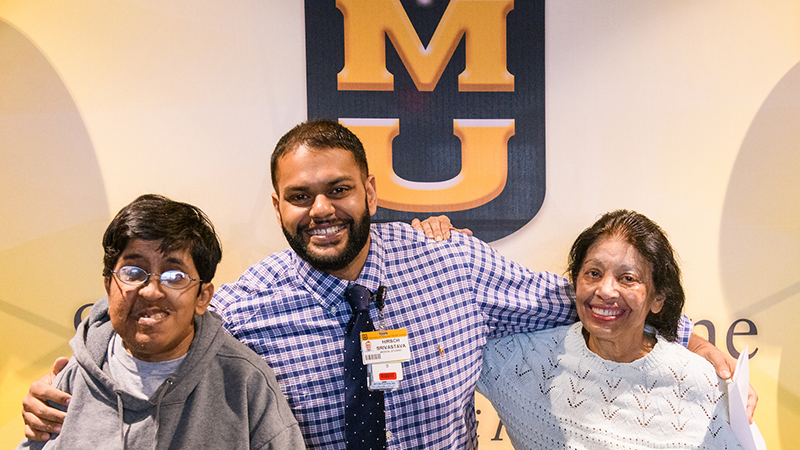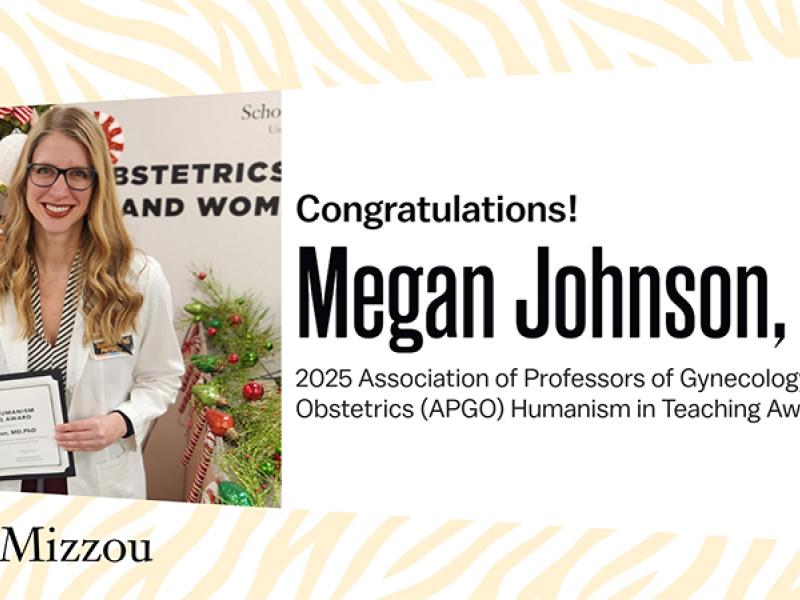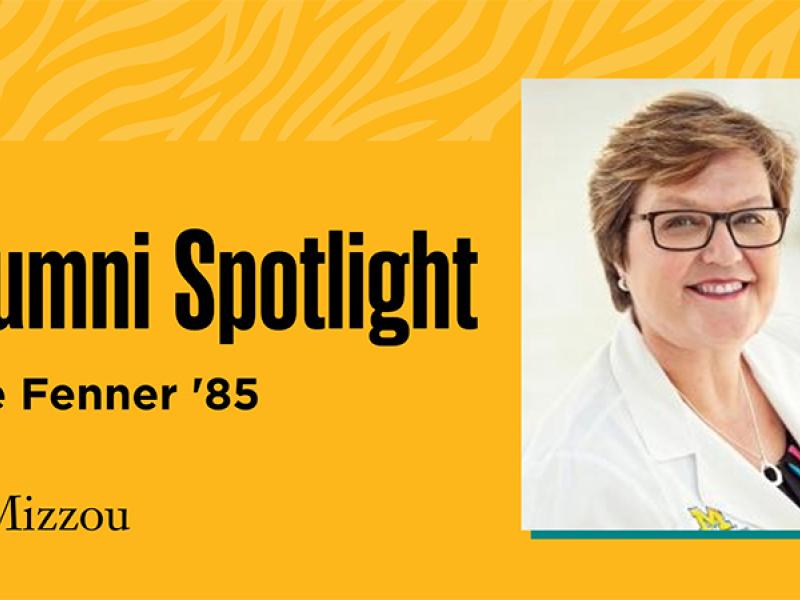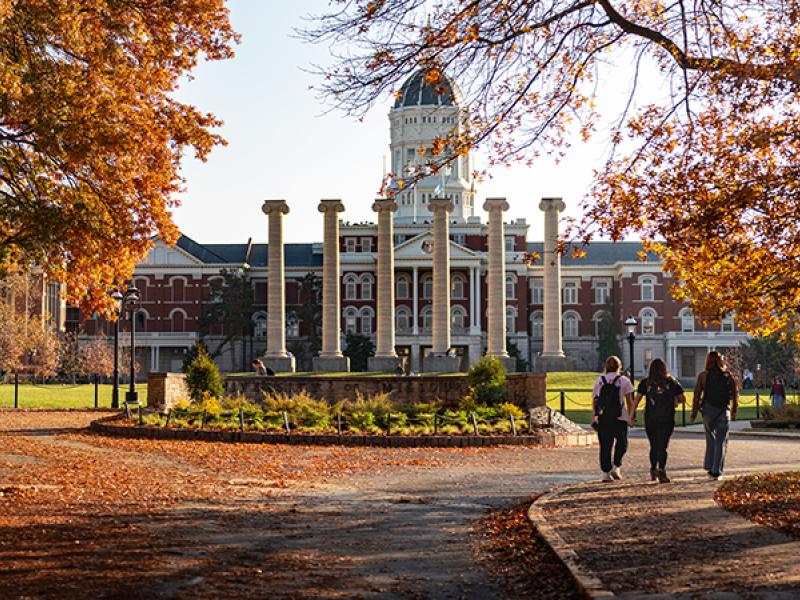
In a normal year, Hirsch Srivastava would have been surrounded by his School of Medicine classmates, opening envelopes amid a massive crowd of family and friends in Acuff Gallery.
This was not a normal year.
The COVID-19 threat meant students had to keep their distance from each other during a modified Match Day celebration. They could receive the news of their residency matches via email, but about 40 students chose to pick up their envelopes in person.
“Match Day is a special day for these students,” said Laine Young-Walker, MD, associate dean for student programs. “It was important to find a way that we could at least have small groups of students come together and grab their envelope and go back out with their family. We wanted to acknowledge that we’re still a family, we’re still working together despite COVID-19.”
Srivastava decided to open his envelope on the spot, alongside his mother and sister, Pushpa and Ekta Srivastava.
“My family has been my greatest support. It’s as much their accomplishment as mine,” said Srivastava, who was happy to learn he matched with UMKC in psychiatry. “My sister, who is here today, is mentally and physically disabled. I’ve always been interested in the mind and how people cope with different stressors in life. When I was growing up helping to take care of her and seeing her navigate the world, I saw how she responded to life events differently than you or I. This led to my interest in helping people with disabilities and mental illnesses, as both these people see the world through very different lenses than you or I and need extra help."
Of MU’s 106 fourth-year medical students, 99% matched. Srivastava is among the 33% of the class who will remain in the state for residency.
Srivastava, a native of St. Louis, is the first in his family to attend college in the U.S. After he earned his undergraduate degree in economics from Washington University, Srivastava worked in sales and marketing before beginning medical school at age 30. Now, he’s eager to continue to learn and help others as a resident doctor.
“With the whole sales gig, I felt like I was running in a rat race. It didn’t make me happy,” he said. “I thought, ‘What is going to make me happy in my life?’ I thought back on the times I was taking care of my sister growing up. That’s what led me into medicine.”





